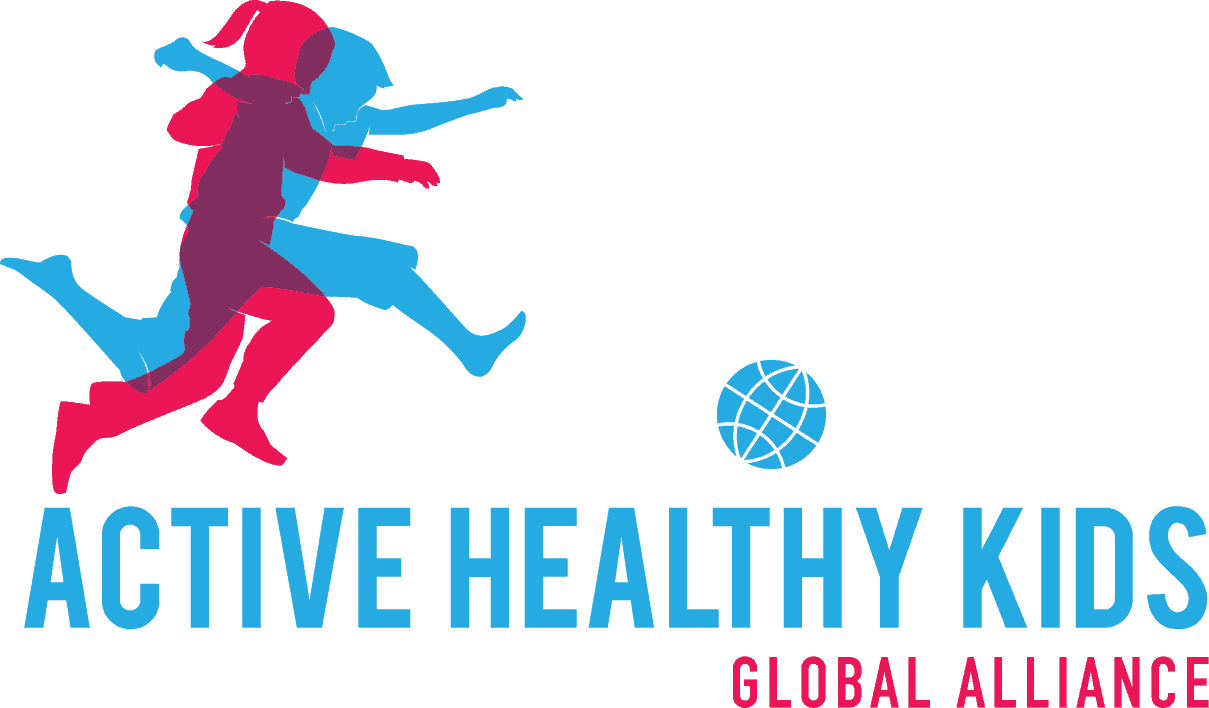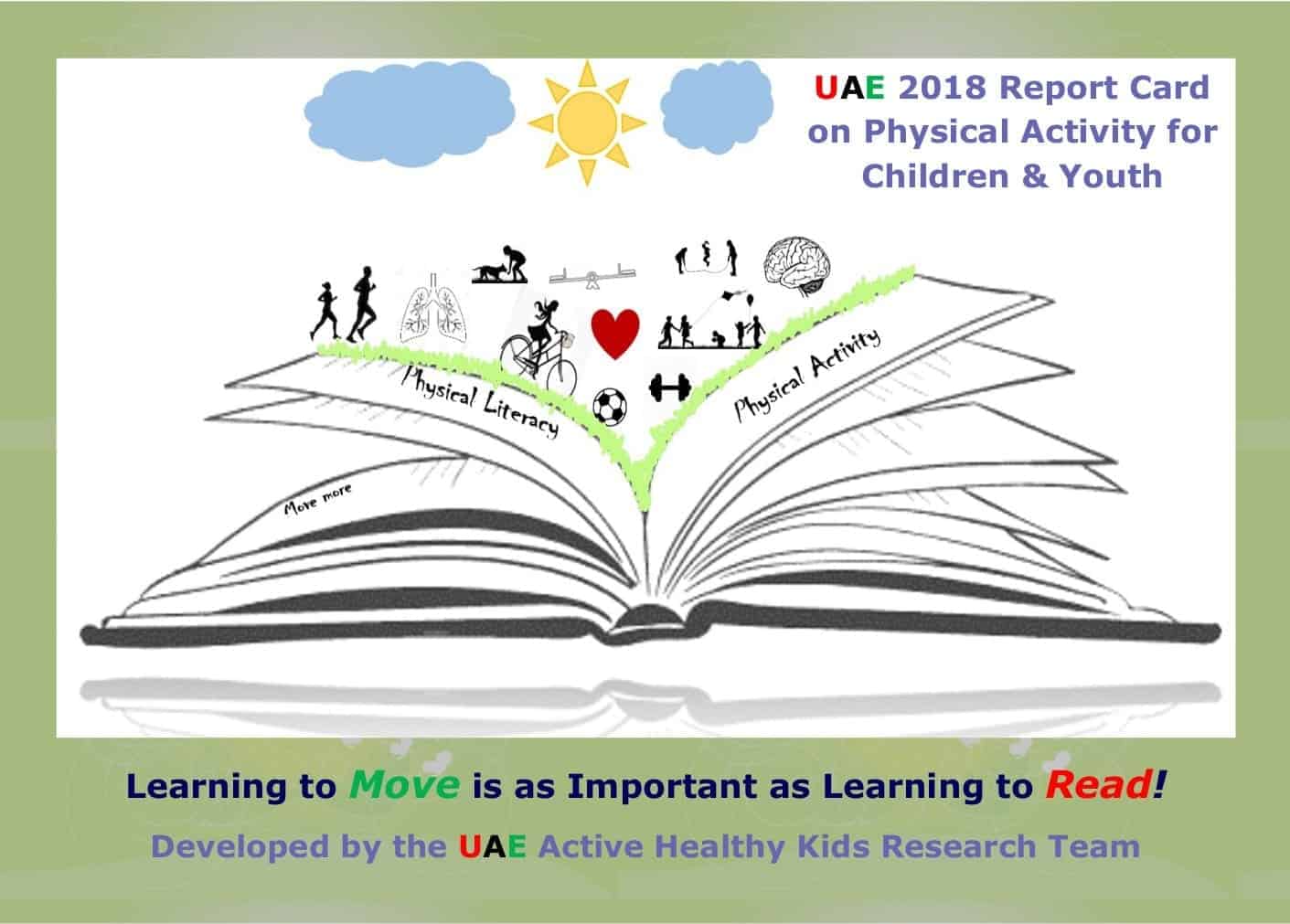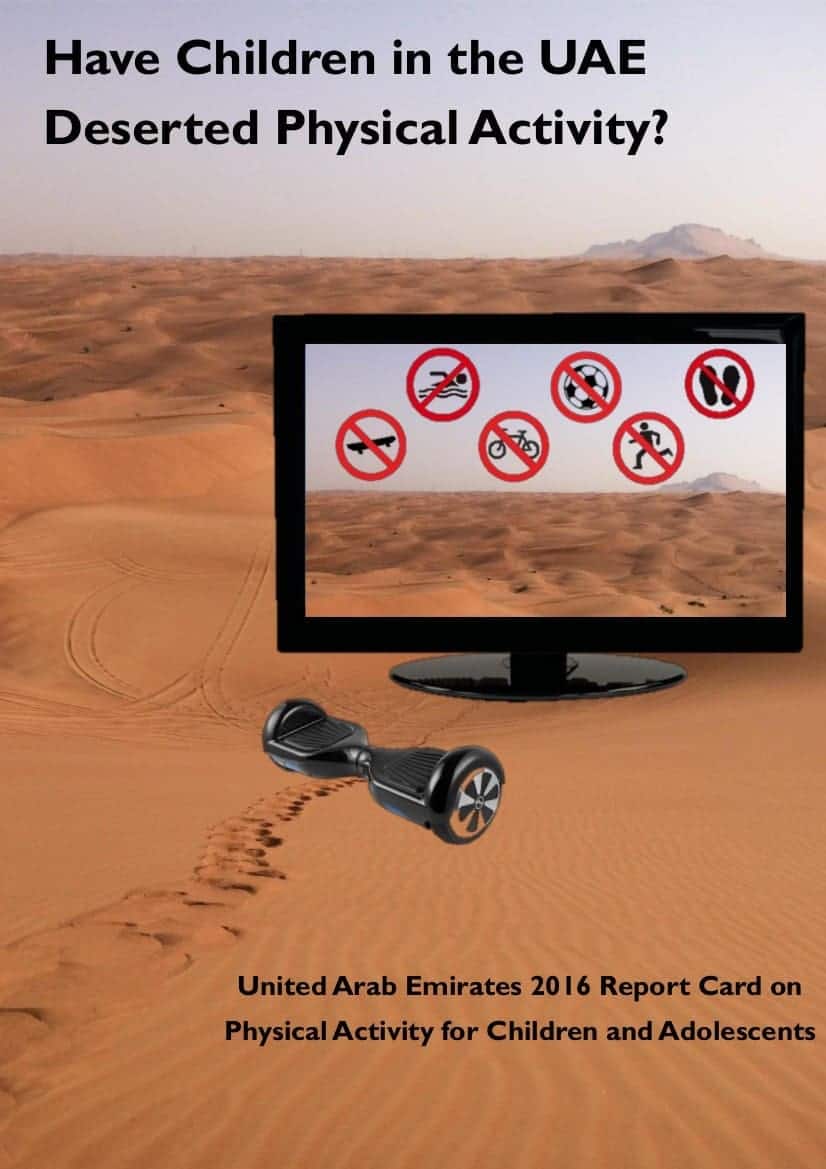Conference Abstract: Movement to Move
Results from the United Arab Emirates 2018 Report Card on Physical Activity for Children and Youth
Marilia Silva Paulo1, Javaid Nauman1,2, Abdishakur Abdulle3, Abdulla Aljunaibi4, Mouza Alzaabi1, Caroline Barakat-Haddad5, Mohamud Sheek-Hussein1, Syed Mahboob Shah1, Susan Yousufzai5, and Tom Loney6.
1Institute of Public Health, College of Medicine and Health Sciences, United Arab Emirates University, Al Ain, United Arab Emirates
2K.G. Jebsen Center of Exercise in Medicine at the Department of Circulation and Medical Imaging, Faculty of Medicine and Health Sciences, Norwegian University of Science and Technology, Trondheim, Norway.
3Public Health Research Center, New York University Abu Dhabi, Abu Dhabi, United Arab Emirates.
4Department of Pediatrics, Zayed Military Hospital, Abu Dhabi, United Arab Emirates.
5Faculty of Health Sciences, University of Ontario Institute of Technology, Ontario, Canada.
6College of Medicine, Mohammed Bin Rashid University of Medicine and Health Sciences, Dubai, United Arab Emirates. Loney (tom.loney@mbru.ac.ae) is the corresponding author.
Keywords: adolescent, environment design, motor activity, sedentary lifestyle, social environment, youth sports.
Background: The United Arab Emirates (UAE) 2018 Report Card provides a systematic evaluation of how the UAE is performing in supporting and engaging physical activity (PA) in children and adolescents.
Methods: The 2018 Report Card included 10 core PA indicators that were common to the Global Matrix 3.0 (Table 1). Grades were based on the best available evidence using the proportion of children and youth achieving a defined benchmark: A+=94%-100%; A=87%-93%; A-=80-86%; B+=74%-79%; B=67%-73%; B-=60%-66%; C+=54%-59%; C=47%-53%; C-=40%-46%; D+=34%-39%; D=27%-33%; D-=20% – 26%; F=<20%; INC= Incomplete (insufficient or inadequate information to assign a grade).
Results: Grades for each indicator are presented in Table 1. Overall PA levels remain low and sedentary behaviours remain high amongst UAE children. Only 16% of UAE children achieved the recommended amount of moderate-to-vigorous PA (i.e. ?60 min/d) and this has fallen from 20% in 2005. Expatriate children and boys had higher levels of PA compared to Emirati children and girls, respectively; however, PA levels declined from early to late adolescence in all groups. Less than half of children achieved the screen time recommendations (i.e. ?2 h/d) and this declined with age, especially amongst girls. Only 25% of children participated in physical education classes on ?3 d/wk (~150 min/wk). The UAE Government has invested significant funds and resources into developing and implementing strategies and facilities that will increase PA across the entire population.
Table 1. Grades for each Physical Activity Indicator in the United Arab Emirates 2018 Report Card on Physical Activity for Children and Youth
| Indicator |
Grades |
| Overall Physical Activity |
F |
| Organized Sport and Physical Activity |
INC |
| Active Play |
INC |
| Active Transportation |
INC |
| Sedentary Behaviors |
C- |
| Physical Fitness |
INC |
| Family and Peers |
INC |
| School |
D- |
| Community and Environment |
INC |
| Government |
B+ |
Conclusions: The majority of UAE children are not achieving the daily recommendations for PA or screen time. Findings highlight the dire need for action-based research that can lead to evidence-informed public health strategies that have the capacity to increase PA for children, adolescents, and adults. Sustained nationwide school- and community-based culturally-appropriate interventions are required to improve PA at a population level. Further development of active transport networks, walkable environments, and active spaces may help to increase PA across the entire UAE population.







